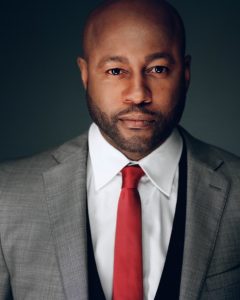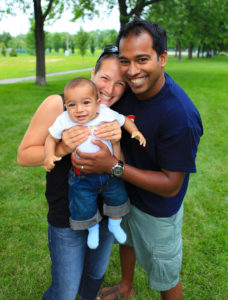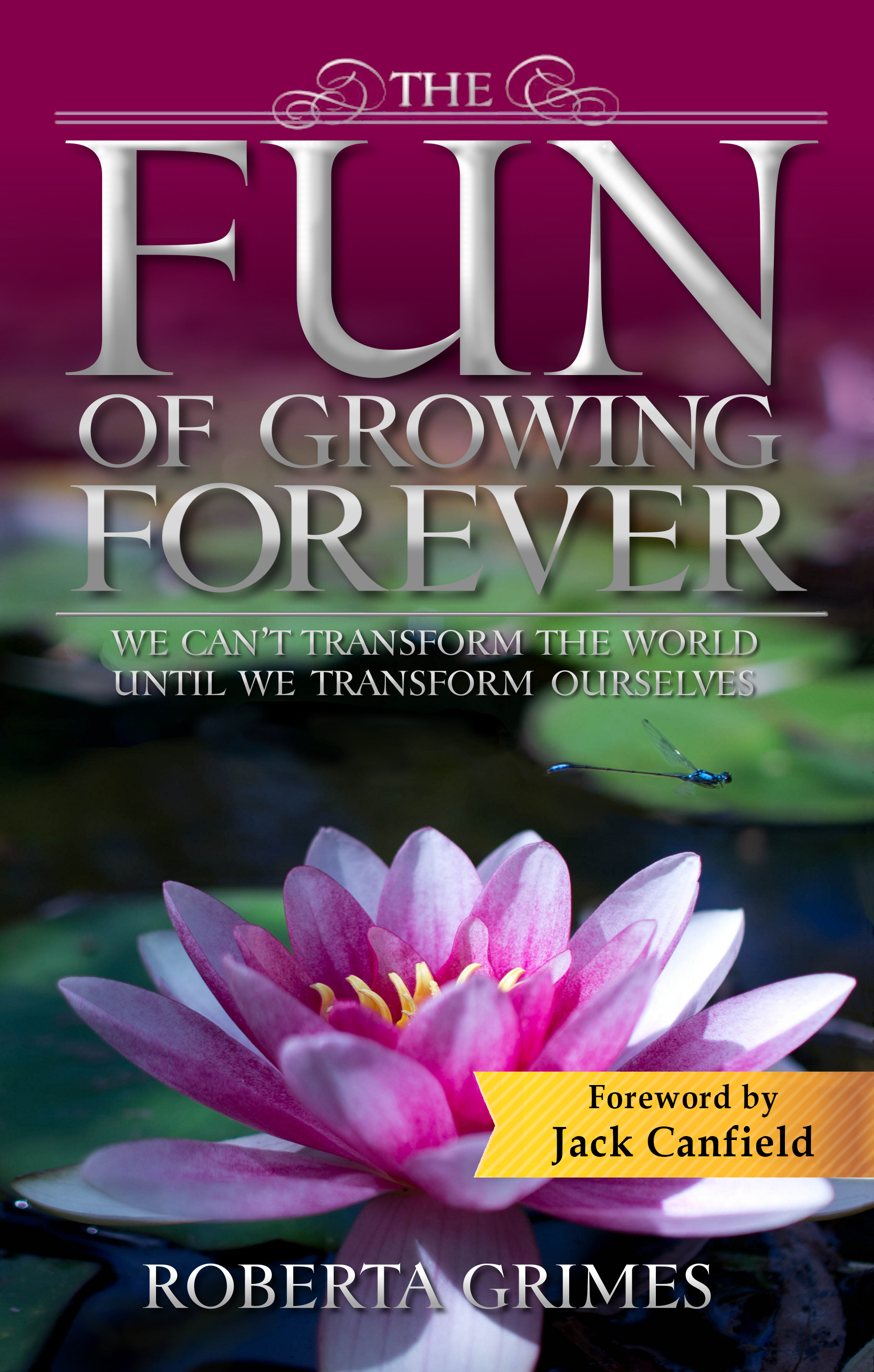Day by day, Day by day,
Oh, Dear Lord, Three things I pray.
To see thee more clearly,
Love thee more dearly,
Follow thee more nearly
Day by day.
– Stephen Schwartz and John-Michael Tubelak, from the 1971 musical “Godspell”
 We have spoken at length about the fact that mainstream science and mainstream Christianity are our two greatest barriers to discovering and making sense of what actually is going on. Each of them holds a worldview that gives careful attention to just its own preferred aspects of reality, and each requires the exclusion of any study of many other aspects of reality that are equally real. For example, Christianity concentrates on what people many hundreds of years ago thought was true about the mental and spiritual aspects of reality, while mainstream science works at making sense of only reality’s physical aspects. Each has a set of established dogmas – statements that adherents are required to believe – which means that neither can be considered to be an open-minded search for the truth. What may be even worse is the fact that a lot of the dogmas they adopt are very hard to believe! For example, nearly all versions of Christianity insist that a perfectly loving God needed the bloody sacrifice of God’s own Son before God could forgive us for Adam’s sin; while science still requires that consciousness must be generated by the brain, when more and more that proposition is being shown to be unlikely, if not impossible.
We have spoken at length about the fact that mainstream science and mainstream Christianity are our two greatest barriers to discovering and making sense of what actually is going on. Each of them holds a worldview that gives careful attention to just its own preferred aspects of reality, and each requires the exclusion of any study of many other aspects of reality that are equally real. For example, Christianity concentrates on what people many hundreds of years ago thought was true about the mental and spiritual aspects of reality, while mainstream science works at making sense of only reality’s physical aspects. Each has a set of established dogmas – statements that adherents are required to believe – which means that neither can be considered to be an open-minded search for the truth. What may be even worse is the fact that a lot of the dogmas they adopt are very hard to believe! For example, nearly all versions of Christianity insist that a perfectly loving God needed the bloody sacrifice of God’s own Son before God could forgive us for Adam’s sin; while science still requires that consciousness must be generated by the brain, when more and more that proposition is being shown to be unlikely, if not impossible.
It is becoming ever more restricting for us to continue to live in the twenty-first century with our two mutually exclusive sources of truth still stuck behind ancient barriers. This artificial division between material and non-material realities goes back as far as Plato and Aristotle! Still, as recently as half a century ago our balancing of these two incompatible approaches to understanding reality was the best that we could do, since no better sources of information were available. It has long been common for us to switch from one approach to the other in our minds, and even to hold incompatible beliefs simultaneously. There once were lots of Christian research  scientists! But recent advances in a variety of fields are bringing us to a place where we can see how all these disciplines readily interact, and indeed how both material and non-material fields of study access the same reality.
scientists! But recent advances in a variety of fields are bringing us to a place where we can see how all these disciplines readily interact, and indeed how both material and non-material fields of study access the same reality.
At last we are able to study one consistent, complete, and up-to-the-minute reality that makes sense across the board! So for us to continue this artificial division between two incompatible ways of approaching only certain parts of the truth has become counterproductive and plain silly. Furthermore, holding to old-style scientific and religious approaches to the study of reality means that:
- We must take some things “on faith.” To pursue science as it is presently practiced, we must take it on faith that there is no non-material reality, our material brains generate who we are, and at death we will be extinguished. Those who pursue Christianity also have a raft of arbitrary beliefs to swallow, many of which are frankly incompatible with the Gospel words of Jesus.
- We must ignore a lot of evidence that each of these approaches is wrong. For example, it has been estimated that by the time we are fifty, more than half of us have experienced at least one extraordinary event. Near-death experiences are becoming commonplace, and nearly every day I get emails from people who have had vivid after-death communications. Science has to call all these NDEs and post-death communications just brain-tricks, and the various strains of Christianity will similarly explain them away as something like God-tricks. But neither of those explanations gives us any better understanding of what such events might tell us about how reality actually works!
- We are subjected to unnecessary fears. We have talked at length about how
 deeply fear-based Christianity really is. Science has a similar problem, since science teaches that there is no God, that we are a random accident on a planet in one of billions of solar systems, and that our self-awareness is just a brain-illusion and will die with our bodies. A lot of the reason why the consciousness vibration of this planet is now so debased is that the two institutions that we most trust give us all these tremendous fears.
deeply fear-based Christianity really is. Science has a similar problem, since science teaches that there is no God, that we are a random accident on a planet in one of billions of solar systems, and that our self-awareness is just a brain-illusion and will die with our bodies. A lot of the reason why the consciousness vibration of this planet is now so debased is that the two institutions that we most trust give us all these tremendous fears.
There is another problem, too, that is caused by our acceptance of this bifurcation into two independent sources of truth, each of which insists that we believe in its dogmas. In cultures where the established worldview requires that we believe as truth some things for which there is little or no proof, having faith without proof has long been seen to be a virtue. But even a moment’s critical thought will show you that until we begin to demand at least some evidence before we will believe, humankind can never make any progress! Please think about this. If the ability to believe things uncritically because some authority tells us to believe those things is celebrated, and if we even train our children to “just have faith,” then people will soon be believing anything. And a populace that is able to hold beliefs without evidence can be led into untold horrors! Recent history tells us that authorities can create beliefs in their followers’ minds that Native Americans are savages, that darker skin is a mark of inferiority, or that Jews must be eliminated. Current history tells is that children can readily be taught to believe that murdering for religious reasons brings sainthood! And these are only a few examples of the dreadful horrors that can arise from people’s gullible willingness to believe things for which there is no evidence.
Some of this confusion comes from the fact that the word “faith” has two meanings. Its dictionary definition is sometimes given as “a strong belief in something, even without proof,” which is the kind of faith that religions and mainstream science expect us to have in their dogmas. This first kind if faith, I submit to you, is both negative and counterproductive.
 But Jesus spoke of a different kind of faith. When He used the word “faith,” He was talking about “belief in the power of the mind to accomplish some specific act.” For example, when His disciples asked Him why they had been unable to remove a demon from an affected boy, He said, “Because of your lack of faith. I tell all of you with certainty, if you have faith like a grain of mustard seed, you can say to this mountain, ‘Move from here to there,’ and it will move, and nothing will be impossible for you” (MT 17:20).
But Jesus spoke of a different kind of faith. When He used the word “faith,” He was talking about “belief in the power of the mind to accomplish some specific act.” For example, when His disciples asked Him why they had been unable to remove a demon from an affected boy, He said, “Because of your lack of faith. I tell all of you with certainty, if you have faith like a grain of mustard seed, you can say to this mountain, ‘Move from here to there,’ and it will move, and nothing will be impossible for you” (MT 17:20).
Jesus made it plain that in healing people He was using their beliefs in the powers of their own minds when combined with the power of his own to accomplish these healings. For example, when a woman who had long suffered from bleeding touched His garment, expecting that her doing that would heal her, Jesus said to her, “‘Have courage, daughter! Your faith has made you well.’ And from that very hour the woman was well” (MT 9:22). Two blind men approached Him and told Him they believed that He could heal them, and “He touched their eyes and said, ‘According to your faith, let it be done for you’” (MT 9:29). A woman told Him she believed that He could heal her daughter. “Then Jesus answered her, ‘Lady, your faith is great! What you want is granted.’ That very hour her daughter was healed” (MT 15:28). More open-minded modern researchers already have determined that the sort of faith that Jesus asks of us is a way to vastly empower our minds, and it is especially helpful in healing our own bodies. In a more enlightened age, the further empowerment of our minds this way will be seen as a first step toward any kind of healing.
To have faith for the sake of “having faith” – whether it’s faith in an ancient human-like God, or faith in an exclusively material reality – is useless, lazy, and counterproductive.
My fifty-year voyage of discovery began with a search for afterlife evidence, but soon I was led to do wider-ranging investigations which led to the realization that in fact there is just one reality. It all fits together, and it all makes sense! Then in 2013 I was invited to begin a podcast. We all assumed its title would somehow relate to the afterlife; but when I was asked to propose a title, the words that Thomas put into my mind were “Seek Reality.” I was mystified! Eventually, though, I came to see that when our most trusted sources of information are still so profoundly failing us, then each of us is responsible for assembling the evidence and figuring out what is true. We are left to Seek Reality on our own.
 Fortunately, there are of late increasing signs that mainstream science and many versions of Christianity are modulating their insistence on what must be believed by their adherents. This is brand, brand new! For the first time, just in recent years mainstream scientists are showing humility about whether their whole approach might be wrong, and whether their assumption that consciousness is produced by the brain might have been in error all along. They are seeking new ways to get around what long had been seen as insoluble problems, and a few scientific disciplines are even beginning to look beyond their rigid, long-established parameters.
Fortunately, there are of late increasing signs that mainstream science and many versions of Christianity are modulating their insistence on what must be believed by their adherents. This is brand, brand new! For the first time, just in recent years mainstream scientists are showing humility about whether their whole approach might be wrong, and whether their assumption that consciousness is produced by the brain might have been in error all along. They are seeking new ways to get around what long had been seen as insoluble problems, and a few scientific disciplines are even beginning to look beyond their rigid, long-established parameters.
There are people with scientific training, too, who are exploring the non-material aspects of reality, and some of what they are learning is flat astounding. We have talked here about Dr. Bernardo Kastrup, the brilliant young man whose work on the primacy of consciousness may earn him a Nobel Prize. Scientists affiliated with The Discovery Institute have been leading the way in the scientific study of the non-material aspects of reality. And meanwhile, it is estimated that between six and ten thousand churches are closing in the United states each year, while the most optimistic religious prognosis seems to be just that the rise in the number of Americans with no religious affiliation may be slowing. The most ardent evangelical movements are either dying, too, or they are taking fresh root in the buildings being vacated by all those dying churches! And an idea that would have been unthinkable even a decade ago – that our being spiritual requires that we move beyond faith and embrace both science and common sense – is now being openly espoused by one of our greatest spiritual leaders. After I have spent half a century working on both sides of the iron  barrier that used to exist between the study of the material and the study of the non-material, I am astonished by this easy and rapid breaching of that ancient barrier.
barrier that used to exist between the study of the material and the study of the non-material, I am astonished by this easy and rapid breaching of that ancient barrier.
A new day really is dawning! It is ours to help to shape and ours to love, but it is not of our creation. To see it happening is to watch with wonder the work of Spirit moving in the world. We begin to greet with joy our ultimate sunrise.
Morning has broken like the first morning.
Blackbird has spoken like the first bird.
Praise for the singing,
Praise for the morning,
Praise for them springing fresh from the world.
– Eleanor Farjeon (1881-1965), 1931, from “Morning Has Broken”









































































